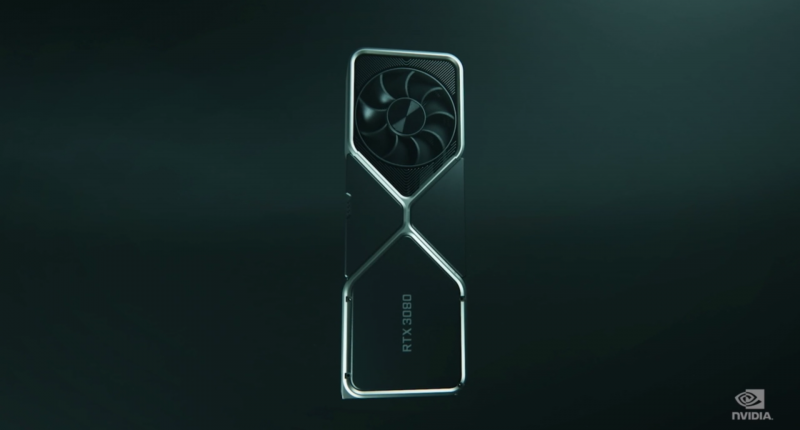When Nvidia announced the RTX 30 series back in September, I was stoked. The biggest generational jump in gaming technology, paired with incredibly affordable prices Nvidia had outdone itself. While the RTX 3080 and 3090 are incredible cards, I was personally looking forward to the 3070, which according to Nvidia, provides the same performance as last year’s flagship, the RTX 2080Ti, at half the price. However, the company has now pushed back the date of its announcement, from the previously planned 15th October to 29th October, which is a big bummer for gaming enthusiasts around the world.
According to the world’s largest chipmaker, the shortage of the RTX 3080 and 3090 cards has led to this decision, as those GPUs were sold out in minutes, and Nvidia is having a hard time restocking its inventory so quickly.
Thus, the company said on its blog that the shift will help its global partners distribute more graphic cards after people complained about the shortage of supply of the GeForce RTX 3080 when it was released last month. Nvidia had apologized saying it couldn’t foresee the humongous demand that the Geforce RTX 3080 had created.
The huge demand for Nvidia’s latest graphics cards is justified. The GeForce RTX 3070 ($499), with 8GB G6 video memory, is claimed to be faster (or equivalent) and much cheaper than last year’s flagship GeForce RTX 2080Ti which costs $1200. Moreover, the RTX 3080, which has not been restocked ever since its launch, comes with 10GB G6X memory, and promises double the performance of its predecessor RTX 2080 (even though tests have shown that it provides just a 60-70% jump).
The RTX 3090, which is the company’s latest flagship, is said to be the first card to support 8K gaming at 60 FPS.
However, there is an issue with pushing back the launch of the 3070 cards. AMD the second most popular GPU maker, is expected to announce its Big Navi cards on October 28th. Thus, Nvidia is taking a huge risk by delaying the launch, as AMD might be able to steal away a lot of Nvidia’s prospective clients if its new GPUs can outperform the RTX 30 series.
